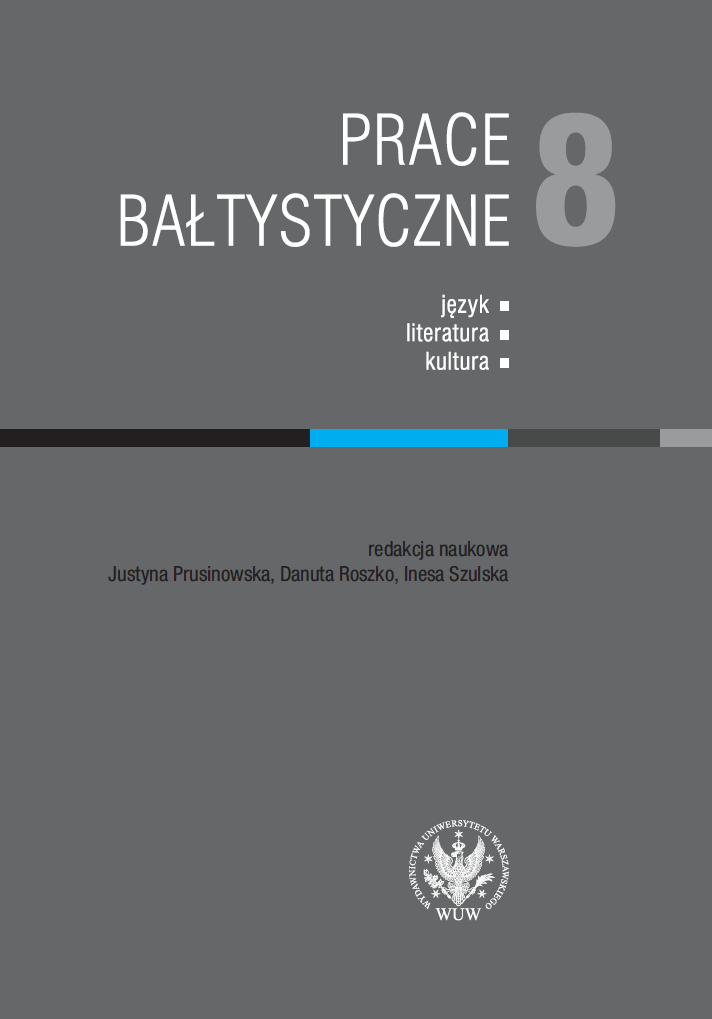Laisvė kalbėti neapykantos kalba
Hate Speech and the Freedom to Use It
Author(s): Antanas Smetona
Subject(s): Theoretical Linguistics, Applied Linguistics, Studies of Literature, Latvian Literature, Lithuanian Literature, Theory of Literature
Published by: Wydawnictwa Uniwersytetu Warszawskiego
Keywords: hate speech; must be restricted hate speech; may be restricted hate speech; must be protected hate speech; freedom to convictions and expressions; freedom of speech; basic human emotions
Summary/Abstract: The State Constitution, the Universal Declaration of Human Rights, and the International Covenant on Civil and Political Rights afford every person the right to hold their own convictions and express them freely. Moreover, these beliefs do not necessarily have to be politically correct. In fact, this freedom does not extend to criminal actions provided for in the aforementioned documents: “incitement of national, racial, religious, or social hatred, violence and discrimination, with slander and disinformation” (Constitution of the RL, Article 25). The differences and emphases of these aspects are very clear: the primary norm of the law is to ensure freedom of belief and its expression, whereas criminal actions are related to secondary and derivative exceptions and limitations of these norms. The practical incompatibility of these aspects and their misunderstanding have recently posed a threat of turning into censorship of conviction expression, at least in Lithuania, as any pejorative or more emotionally coloured expression inconsistent with official ideological doctrines has been marked without a second thought as hate speech prohibited by the Constitution (hate speech, язык вражды). However, seeking to forestall censorship of thoughts and convictions, it is necessary to clearly draw the line between hate speech and constitutional freedom of expression, even if the convictions one holds are generally not accepted, politically incorrect, impolite, or coming from the margins of society. Two paths can be applied to establish this division: judicial (primary) and pragmatic (expert). Hate speech is not identified by emotional criteria (it is impossible to ban one of the main human emotions). It has to be incorporated into the list of legally prohibited actions, and this inclusion is substantiated with the use of pragmatic linguistic tools because of the linguistic nature of the very activity. Due to this, everything linked to the exceptions (not the norms) to the aforesaid laws can be easily divided into three types: a) “must be restricted” hate speech, b) “may be restricted” hate speech, c) “must be protected” hate speech as a means of ensuring freedom of the individual’s convictions and thoughts.
Book: Prace Bałtystyczne. Tom 8
- Page Range: 45-56
- Page Count: 12
- Publication Year: 2023
- Language: Lithuanian
- Content File-PDF

